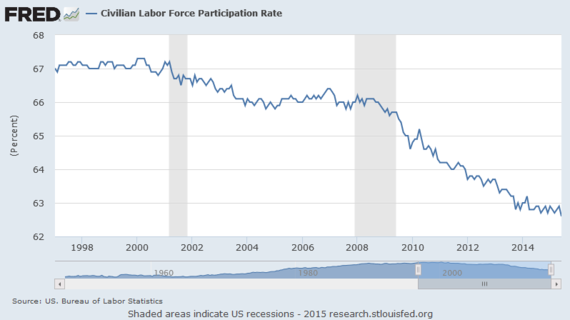Most of the procedural aspects of this have been or will be worked through.
It always impresses me how little traffic there is typically on a sidewalk.
Often a street can be nearly totally congested with few if any people on the sidewalk.
For an obstruction, these bots could simply go around it.
These bots will certainly be equipped with all sorts of sensors (video, GPS etc.). It will likely become a criminal
offense to damage, attempt to robonap etc. these vehicles.
This brings to mind places in the States that had riots and looting of stores. In some of these locations the stores have never reopened.
This serves as a strong warning for what the consequences are for such behaviors. Loot your local grocery store: Where will you get your food?
Same with these bots. If the community takes a collective action by damaging these robotransporters which will make the lives of so many people more
convenient, then perhaps the suppliers of this technology will also create an eternal no go zone in such communities. This might have substantial implications for
the resale value of real estate in such neighborhoods.
The drones likely have a host of issues. Could they really provide 100% assurance that these drones would not regularly fall from the sky?
These robocarts wouldn't be falling from anywhere. They seem quite non-threatening. If they spent some time, then they might even be able to make the
carts fairly cute and cuddily. The great benefit of these carts is that there would be an almost unlimited capacity for them in a typical urban environment.
There is likely only so many drones that could be safely in the air at any one time: The FAA would have to carefully think about how such a technology would work out.
With robo-buggies, such restrictions would not be as necessary. In fact, I wonder whether these buggies could start appearing immediately in urban environments.
What specific legal restriction would prevent it?
The buggies would not necessarily have to be slow. The initial roll out envisions one form of a robobuggie, though perhaps there could be certain designated times
say 5-6 am when these buggies could kick it up a notch. As well, the slow moving part, would really need to apply only on the last leg of the trip once it is within
a city block of its designation. Before that it could be loaded onto a bus or a subway train. However, even with this approach it would be faster to shop online and have
it sent to you through mass transit and then walk it to your door, then for you to take transit to get to a store, and then bring it home.
For most of the tasks that they would be used speed of delivery would not be of paramount importance.
As I mentioned, until this latest announcement, we were thinking of the introduction of robotransport as being perhaps 4 years away.
With robo-buggies, it could be much closer: possibly only months.
They would have first mover advantage.
These buggies would probably offer an overwhelmingly attractive investment opportunity.
They could probably make them for $200. If they made 10 runs per day at a 10 cents per run, then they would repay their investment in less than 1 year.
Next time you're offered a time share somewhere, you might be better off by investing in these buggies!
Edited by mag1, 05 November 2015 - 04:06 AM.

























































